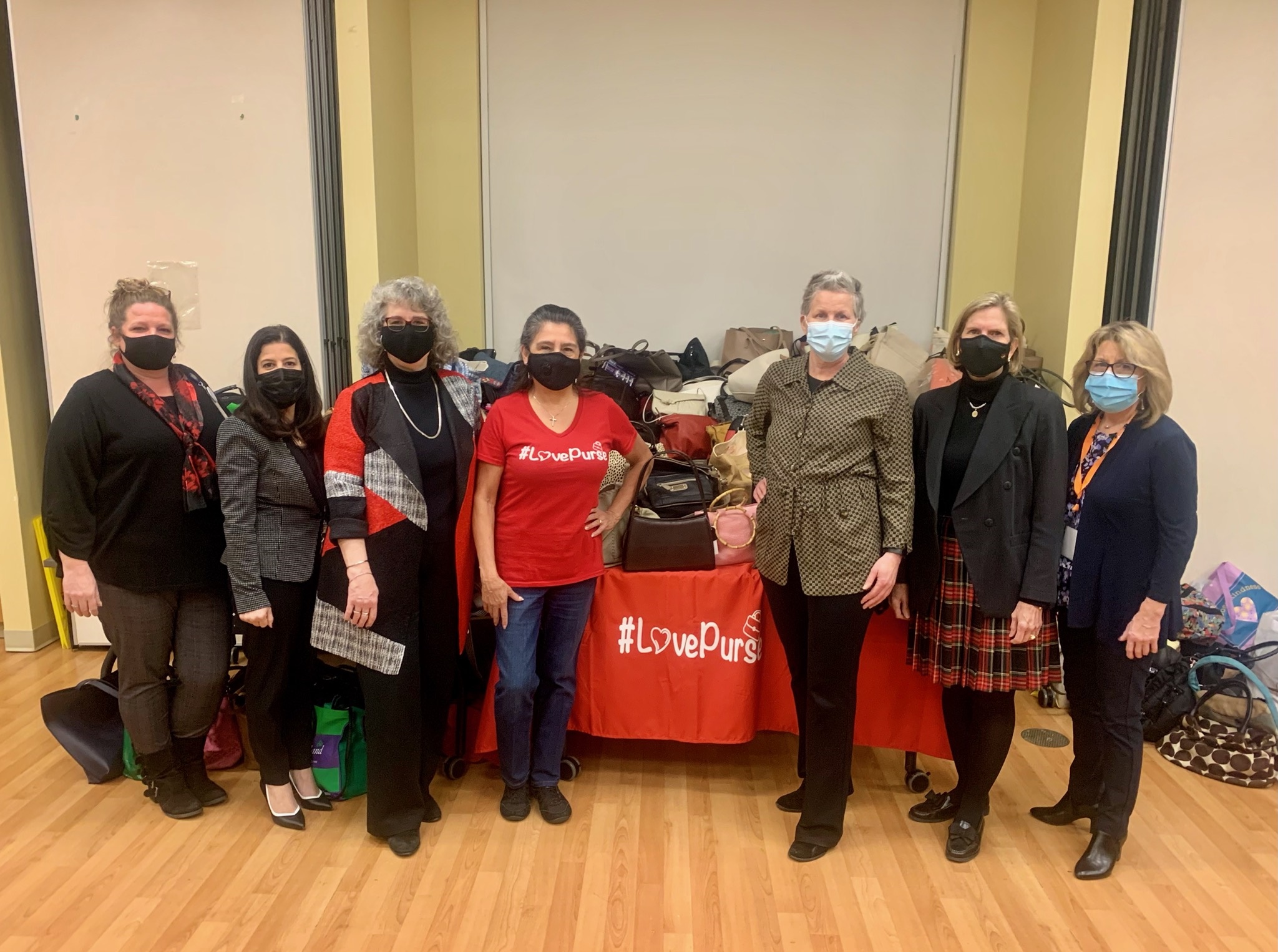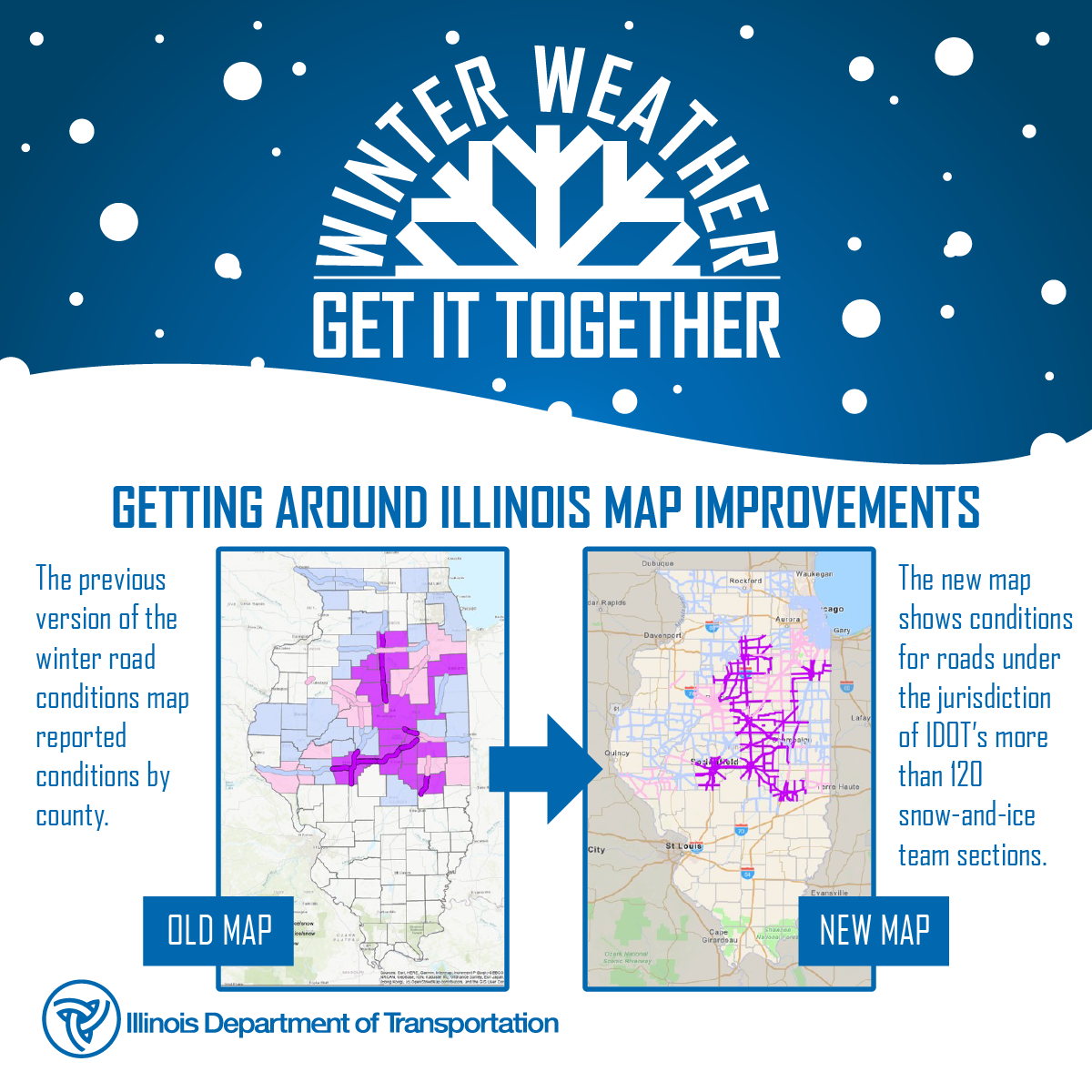- Category: Press Releases
 DOWNERS GROVE – Following a month-long donation drive, State Senators Laura Ellman (D-Naperville) and Suzy Glowiak Hilton (D-Western Springs) dropped off more than 325 purses full of personal care items to the Downers Grove Community Center.
DOWNERS GROVE – Following a month-long donation drive, State Senators Laura Ellman (D-Naperville) and Suzy Glowiak Hilton (D-Western Springs) dropped off more than 325 purses full of personal care items to the Downers Grove Community Center.
“I would like to extend my sincere thanks to all the members of our community who took the time to make a donation in support of our neighbors in need,” Ellman said. “Especially around the holidays, it’s important to remind survivors of domestic abuse that there’s a whole community behind them.”
The drive was held through #LovePurse, an initiative that collects purses filled with personal care items, toiletries, menstrual products and notes of encouragement to distribute to women in need and survivors of domestic violence.
“When neighbors are experiencing hardship, generosity from community members is critical to building a lasting support network,” Glowiak Hilton said. “From the bottom of my heart, thank you all for your donations and for helping us uplift survivors of domestic violence.”
At the time of the drop off, nearly 150 purses had already been donated to the community center, bringing the total to just shy of 475. The purses will be distributed to those in need throughout the holiday season and into the new year.
- Category: Press Releases
 OAKBROOK TERRACE – In response to an increase in reported crimes throughout DuPage County, State Senator Suzy Glowiak Hilton (D-Western Springs) is partnering with the Hinsdale and Oak Brook police departments to host a community conversation on safety.
OAKBROOK TERRACE – In response to an increase in reported crimes throughout DuPage County, State Senator Suzy Glowiak Hilton (D-Western Springs) is partnering with the Hinsdale and Oak Brook police departments to host a community conversation on safety.
“Everyone deserves to feel safe on the roads and at home,” Glowiak Hilton said. “With carjackings and burglaries becoming more prevalent in our community, I believe it’s valuable to give residents an opportunity to get safety tips straight from our local law enforcement officers.”
The crime prevention and safety seminar event will be held on Dec. 9 at the Oak Brook Public Library, located at 600 Oak Brook Rd., starting at 5:30 p.m. Masks are required for participation.
“We all stand to benefit from learning better, more effective ways to keep ourselves and our family members out of harm’s way,” Glowiak Hilton said. “I appreciate this collaboration with the Hinsdale and Oak Brook police departments as well as the Oak Brook Public Library for offering a space, and I look forward to joining the conversation.”
Residents can contact Glowiak Hilton’s office by calling 630-785-3177 or texting 630-998-7059 for additional information.
- Category: Press Releases
 OAKBROOK TERRACE – With snow flurries starting to appear in the forecast, State Senator Suzy Glowiak Hilton (D-Western Springs) is reminding commuters and residents with travel plans of the winter road conditions map on the Illinois Department of Transportation’s Getting Around Illinois website.
OAKBROOK TERRACE – With snow flurries starting to appear in the forecast, State Senator Suzy Glowiak Hilton (D-Western Springs) is reminding commuters and residents with travel plans of the winter road conditions map on the Illinois Department of Transportation’s Getting Around Illinois website.
“Winter weather can impact road conditions quickly, and getting reliable information to travelers is essential to prevent vehicles from sliding and crashing on the roadways,” Glowiak Hilton said. “I encourage residents and commuters to check the Getting Around Illinois website when snow and freezing temperatures are predicted in the forecast.”
Previously, the map displayed conditions by county. New this year, the map shows how weather events are impacting roads, including the ability to identify and zoom in to a location, travel route or destination with current information recorded by plow drivers.
Individuals can interact with the map to understand how weather events are affecting roads across the state. The winter road conditions map is available on IDOT’s website.
- Category: Press Releases
 OAKBROOK TERRACE – First-year students applying to any of Illinois’ public universities will now only need to submit one form on Common App, and State Senator Suzy Glowiak Hilton (D-Western Springs) applauded the step to increase accessibility to higher education opportunities.
OAKBROOK TERRACE – First-year students applying to any of Illinois’ public universities will now only need to submit one form on Common App, and State Senator Suzy Glowiak Hilton (D-Western Springs) applauded the step to increase accessibility to higher education opportunities.
“Applying to college can be tedious and expensive,” Glowiak Hilton said. “By using Common App, Illinois is simplifying the process and working to ensure individuals have access to higher education opportunities.”
This fall, all 12 public universities in Illinois will be available on the Common App platform, thanks to a $1 million state investment.
For families concerned about the cost of submitting college applications, waivers are available for low-income students. In addition, some colleges and universities either have no application fees or will waive fees if needed.
“Many applicants and their families are hesitant to start the college journey because of the associated costs,” Glowiak Hilton said. “Luckily, there are several aid options available to help reduce the financial burdens associated with applying for college.”
Residents are encouraged to visit the Common App website for informational resources, including a first-year application guide, videos and a complete list of institutions that use the application.
More Articles …
- Glowiak Hilton moves to recognize October 2021 as Manufacturing Month in Illinois
- Glowiak Hilton commends small business grant awardees, urges residents to look local for holiday shopping
- Ellman, Glowiak Hilton host donation drive for survivors of domestic violence, women in need
- Glowiak Hilton applauds local Back2Business grant awardees
Page 32 of 66




